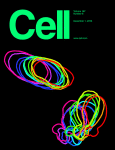 2013 probably felt like it was going to be a great year for stem cell biologist Douglas Melton at Harvard. He had published a buzz-worthy paper in Cell about a new way to potentially boost insulin in diabetics, attracting significant media attention, and eventually gathering nearly 200 citations.
2013 probably felt like it was going to be a great year for stem cell biologist Douglas Melton at Harvard. He had published a buzz-worthy paper in Cell about a new way to potentially boost insulin in diabetics, attracting significant media attention, and eventually gathering nearly 200 citations.
But 2016 is closing out on a less positive tone for Melton — today, he and his colleagues are retracting the paper, after multiple labs (including his own) couldn’t reproduce the findings.
Although the lab has itself already published two articles casting doubt on the original findings, Melton told Retraction Watch he chose to retract the paper to ensure there was no confusion about the original paper’s validity: Continue reading Harvard biologist retracts diabetes breakthrough in Cell
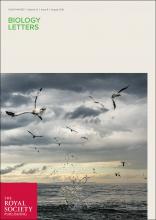
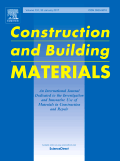 A material science journal has retracted a
A material science journal has retracted a 
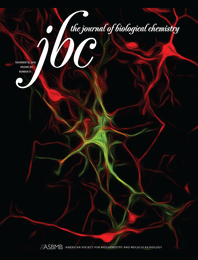

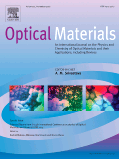
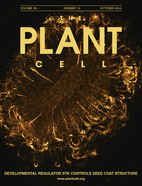
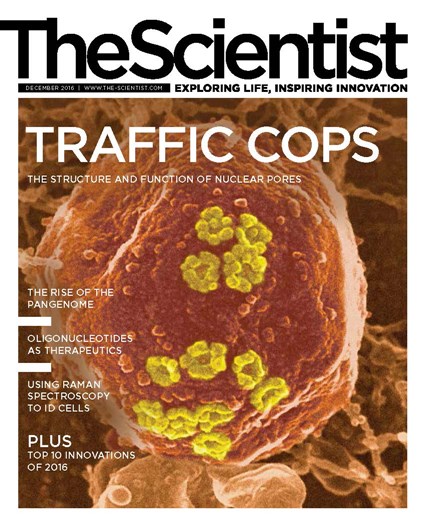 It’s that time again, when top-10 lists start appearing — and
It’s that time again, when top-10 lists start appearing — and